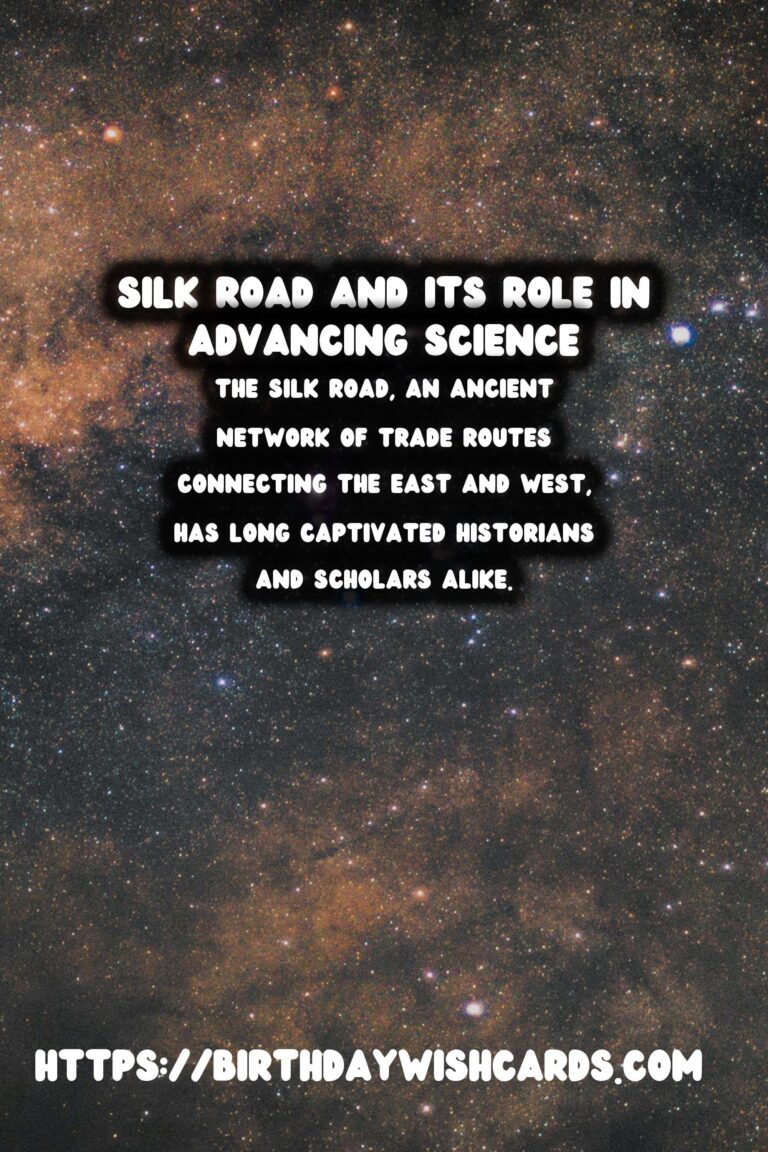
The Silk Road, an ancient network of trade routes connecting the East and West, has long captivated historians and scholars alike. Beyond its economic significance, the Silk Road was instrumental in the exchange of scientific knowledge and innovation. This convergence of diverse cultures fostered an environment ripe for the sharing and development of scientific ideas that have shaped human history.
Exchange of Knowledge Across Continents
One of the most notable contributions of the Silk Road was the transmission of scientific knowledge between civilizations. Cultures from China to the Mediterranean shared astronomical ideas, advancements in medicine, and crucial technological innovations. This cross-cultural interaction spurred the evolution of science as new concepts were assimilated and further refined.
The Chinese, known for their advancements in fields like metallurgy, shared knowledge that significantly impacted the scientific landscape of other civilizations. In return, they received insights into Greek and Indian astrology, mathematics, and philosophy. This bilateral exchange enriched scientific understanding across continents.
Technological Advancements
The nuances of Silk Road trade contributed to technological advancements in astronomy, agriculture, and engineering. The spread of paper-making techniques from China revolutionized record-keeping and literature across the continents. With the advent of paper, information could be documented and disseminated efficiently, laying the foundation for future scientific exploration.
Furthermore, compass technology, another Chinese innovation, allowed for more accurate maritime navigation. This tool proved instrumental in enhancing long-distance trade and exploration, ultimately impacting the geographical understanding of the world during subsequent explorations.
Medical Knowledge and Practice
The Silk Road served as a channel through which medical knowledge was exchanged and disseminated. Ancient texts on herbal medicine, surgical practices, and health theories traversed the continents, notably influencing the medical practices in the Roman Empire, India, and the Arab world. The fusion of Greek, Chinese, and Indian medicinal knowledge significantly advanced the healing arts, leading to more effective medical treatments.
This exchange prompted the development of new pharmacological practices and the integration of diverse medical philosophies, enriching the systemic approach to healthcare across regions.
Philosophical and Mathematical Exchange
The trade routes also facilitated philosophical debates and mathematical exchanges, with the Silk Road acting as a bridge uniting different philosophical thoughts and mathematical systems. The Indian numeral system, which included the concept of zero, traveled along these routes and laid the groundwork for the evolution of modern mathematics. In turn, Western geometrical concepts enriched Eastern mathematical frameworks, leading to a synthesis of knowledge.
The Legacy of the Silk Road
The legacy of the Silk Road is a testament to the enduring power of cultural exchange. It was not merely a conduit for commerce but served as a fertile ground for sharing revolutionary ideas and technologies. The collaboration manifested in improved scientific methodologies and unprecedented technological progress across continents.
A thousand years since its peak use, the impact of the Silk Road remains evident in our modern world. It laid the groundwork for the global exchange of ideas that continues to drive innovation and scientific exploration today.
Conclusion
In conclusion, the historical impact of the Silk Road on science and innovation is immense and multi-faceted. It was a network that connected more than just routes and trade goods; it interlinked minds and ideas, seeding a true global culture of scientific inquiry. As we reflect on its legacy, we gain a deeper understanding of how the convergence of diverse cultures can engender unparalleled progress and innovation.
The Silk Road, an ancient network of trade routes connecting the East and West, has long captivated historians and scholars alike. Beyond its economic significance, the Silk Road was instrumental in the exchange of scientific knowledge and innovation. 
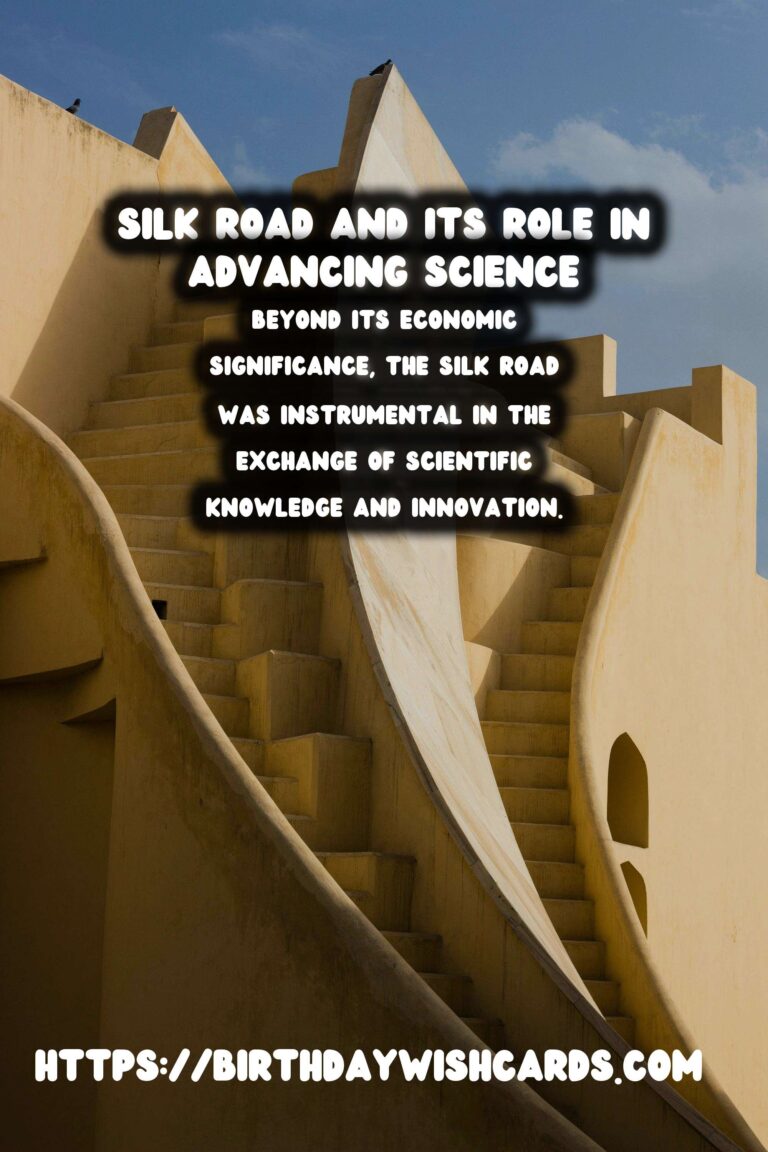
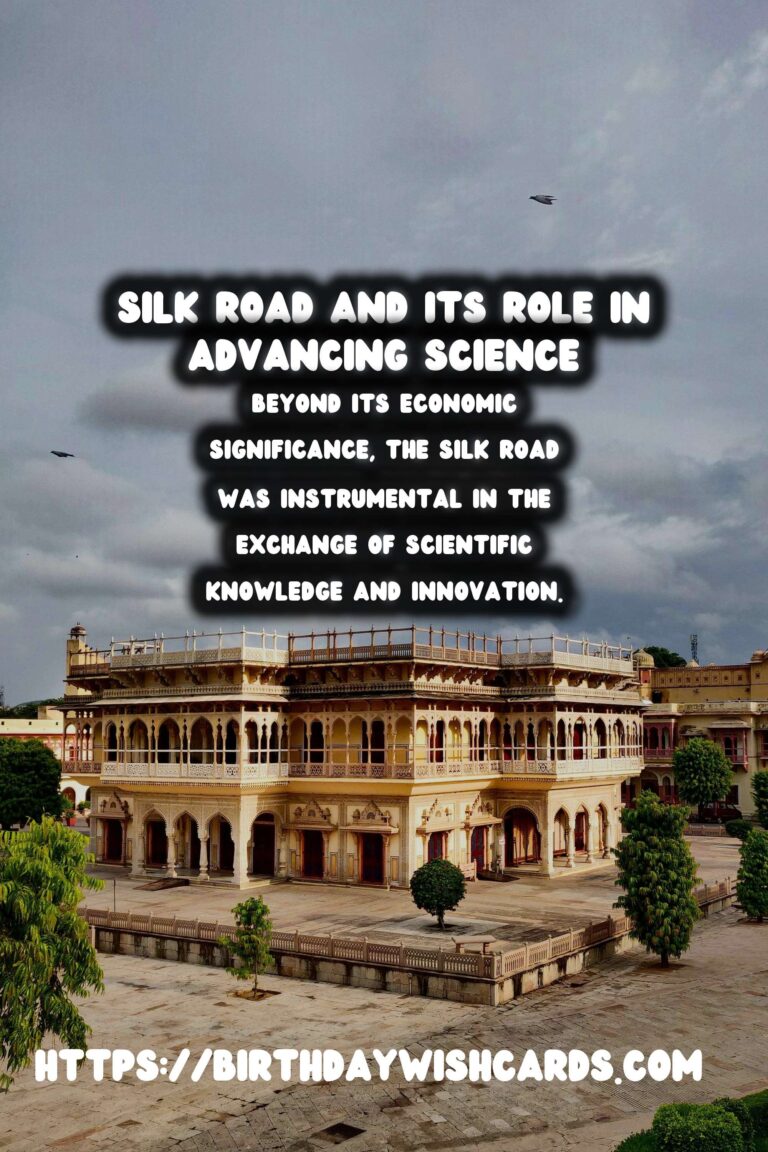
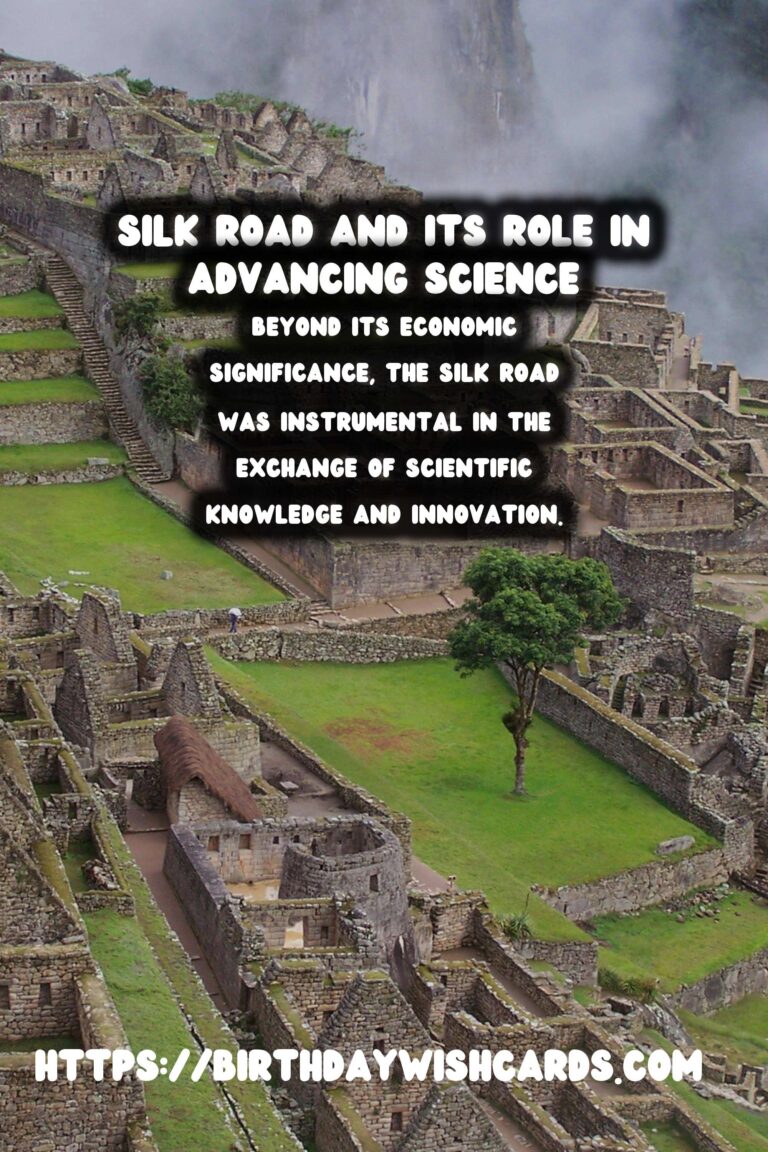
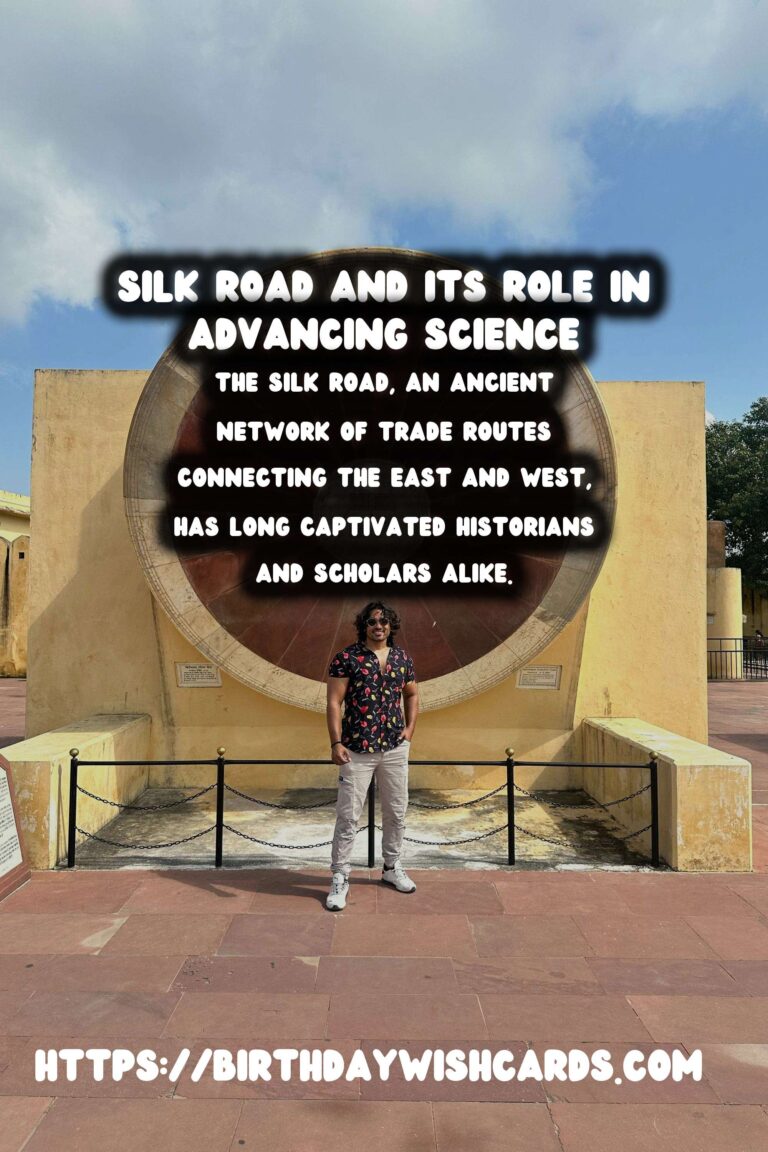
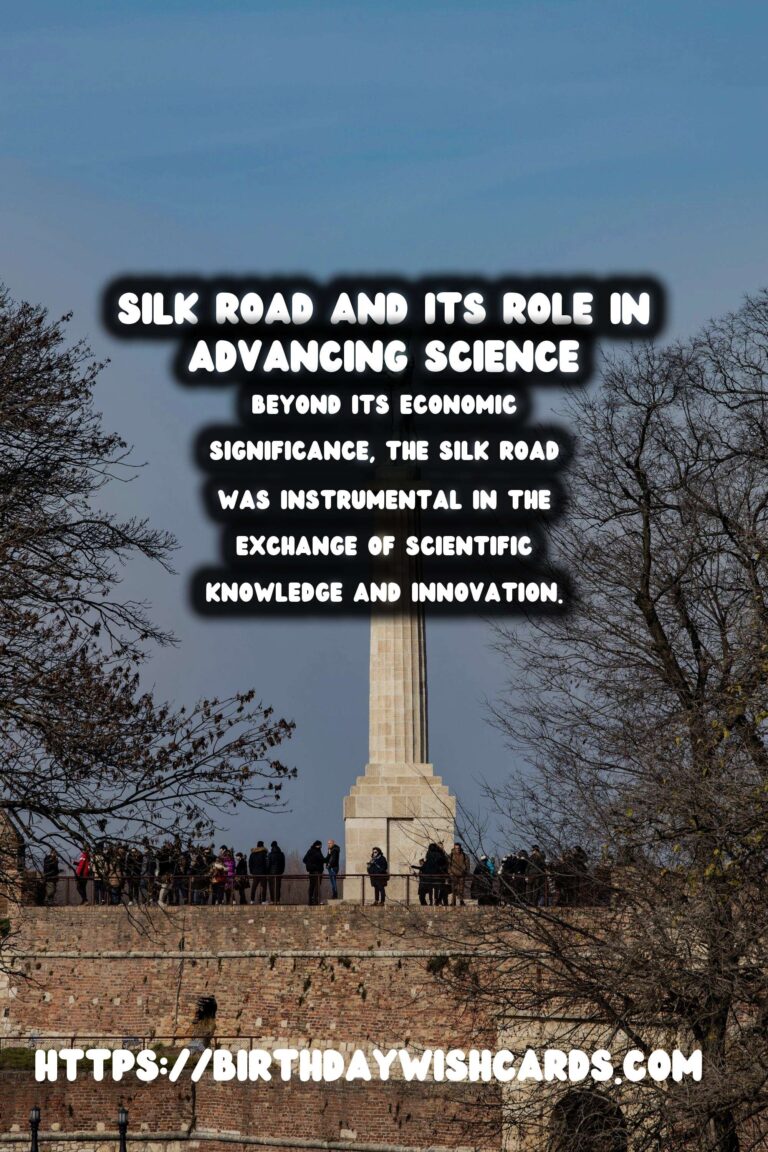
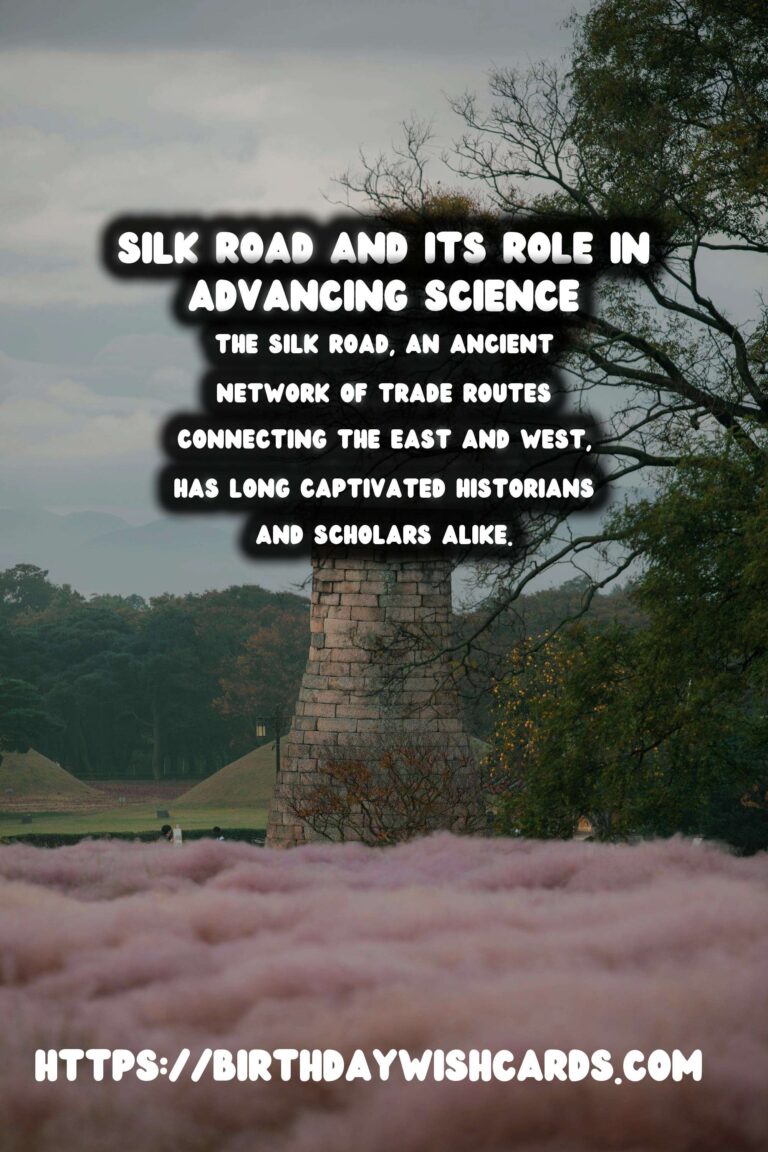
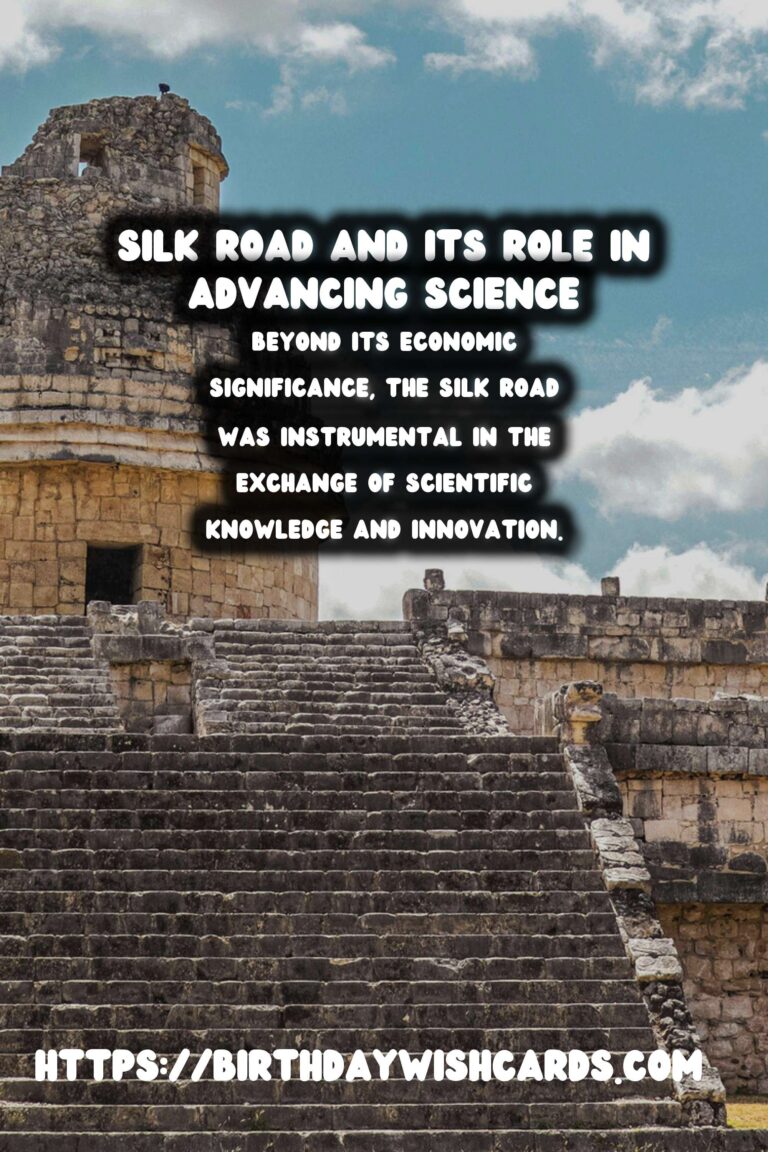
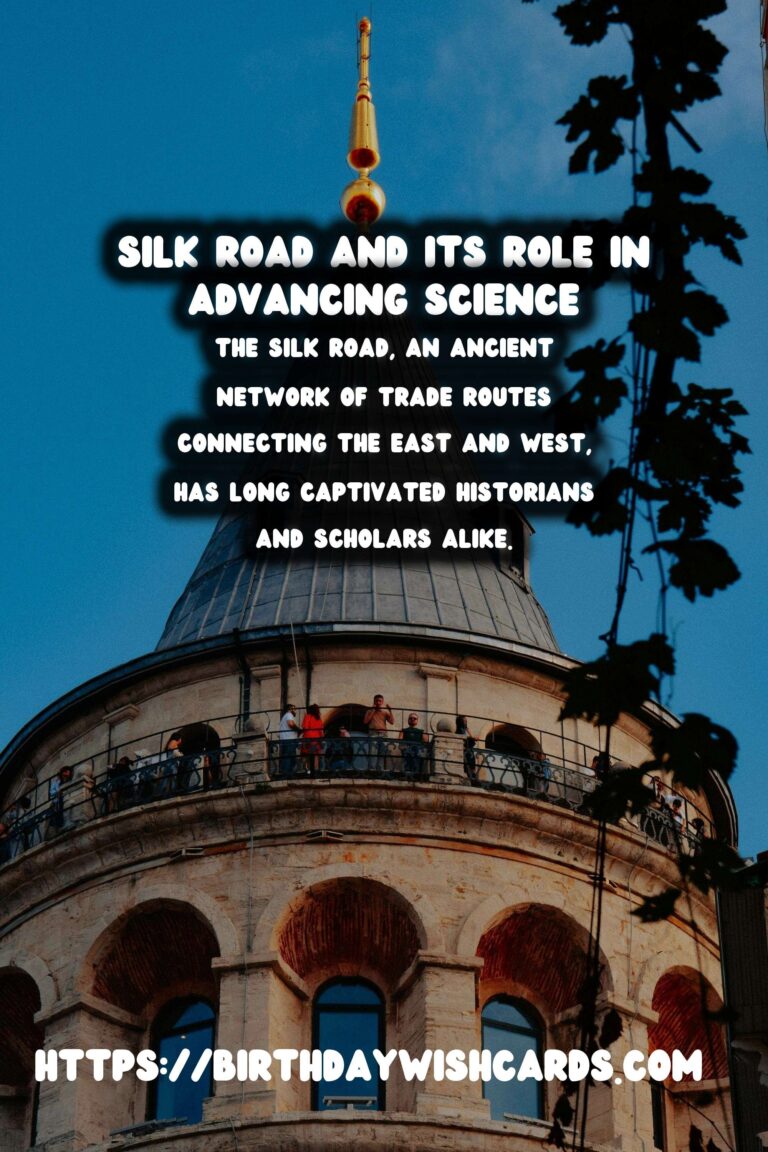
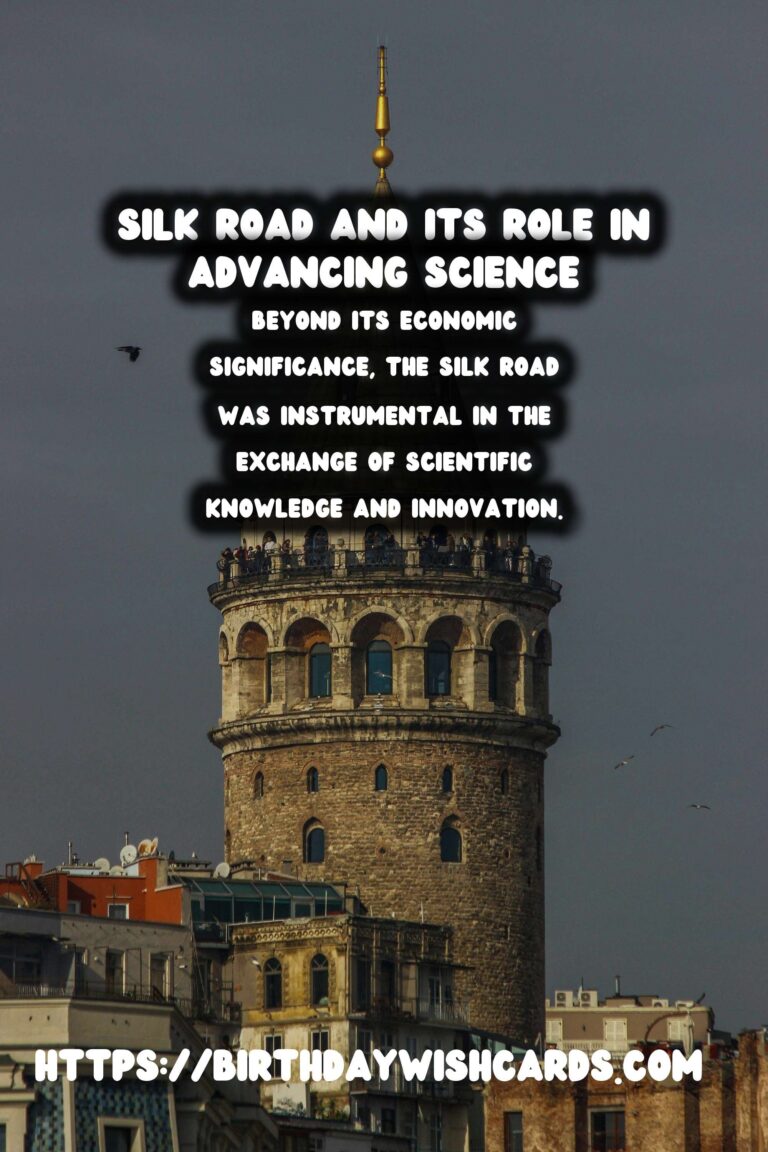
#SilkRoad #ScienceHistory




